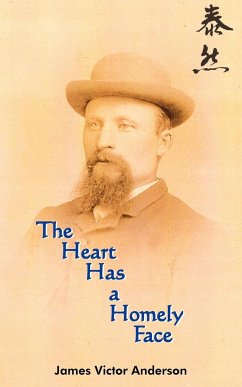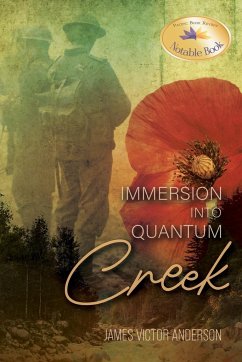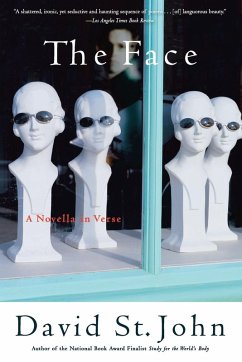
The Heart Has A Homely Face
Versandkostenfrei!
Versandfertig in 1-2 Wochen
12,99 €
inkl. MwSt.

PAYBACK Punkte
6 °P sammeln!
THE HEART HAS A HOMELY FACE is a book of introspective poetry composed on ordinary themes that come through a Taoist perspective. Anderson's poetry rests on a point of inner balance upon common experiences. He brings forth the insights that most people can relate to concerning their connection with all things living. Anderson asks in his work, "What has my life as a poet meant but to tighten the string that ties us all together?" As a philosophical Taoist Anderson tries to weigh all of his subjects with an equal objectivity that evokes empathy and compassion from within one's self, and connect...
THE HEART HAS A HOMELY FACE is a book of introspective poetry composed on ordinary themes that come through a Taoist perspective. Anderson's poetry rests on a point of inner balance upon common experiences. He brings forth the insights that most people can relate to concerning their connection with all things living. Anderson asks in his work, "What has my life as a poet meant but to tighten the string that ties us all together?" As a philosophical Taoist Anderson tries to weigh all of his subjects with an equal objectivity that evokes empathy and compassion from within one's self, and connects with all humankind.














